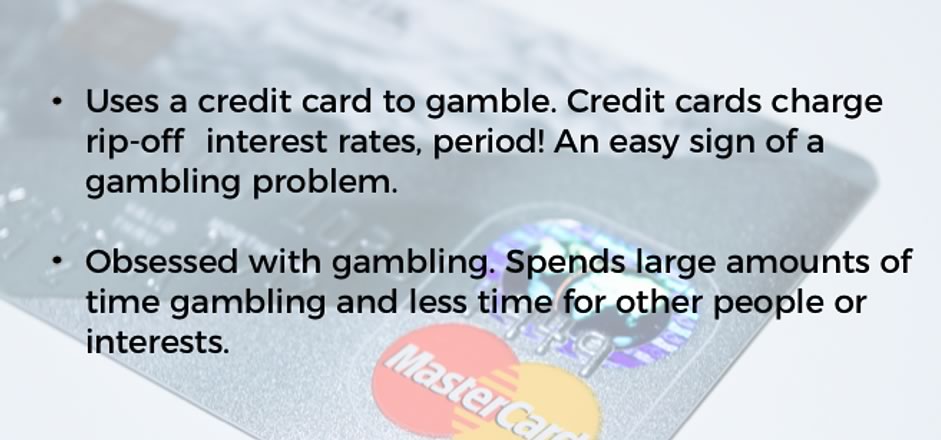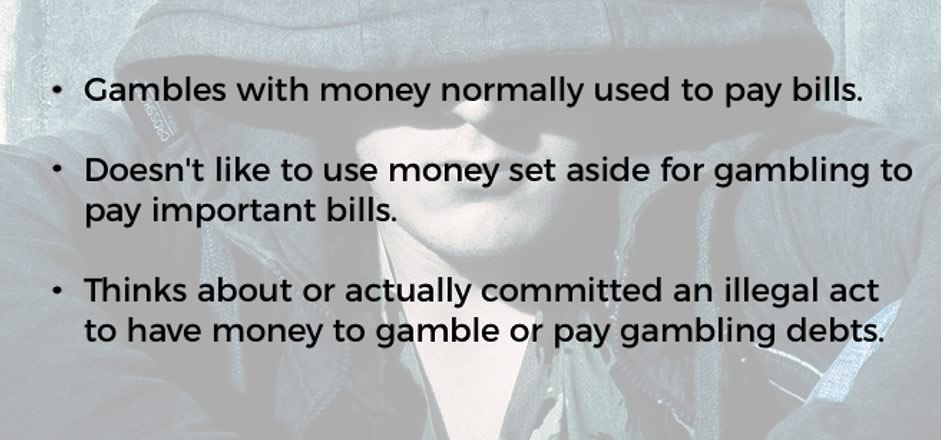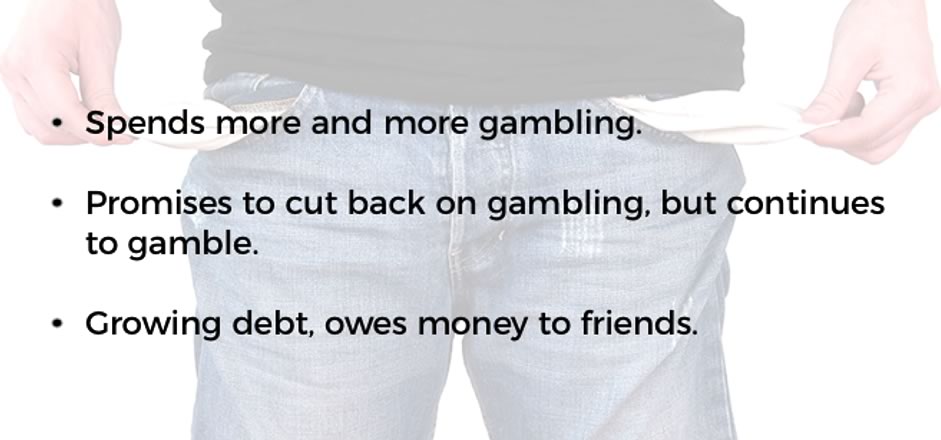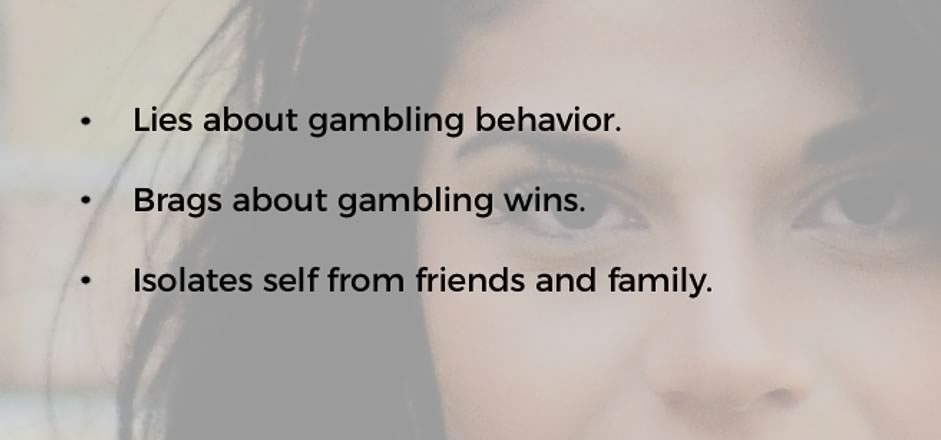Gambling
Late payments, fees and interest. Just a few words that come to mind when you say "money trouble".
Here's your reality check!
Gambling or Gaming...
What's the Difference?
There is no difference between
"gaming" and "gambling."
The gambling industry decided to change the name of their industry from "gambling" to "gaming" in order to make it sound harmless and fun.
The name change is a good example of smart marketing by the gambling industry.
Losing Serious Money
Compulsive gambling accounts for $40 billion in annual losses from counseling, productivity declines and social services, according to an estimate by the National Gambling Impact Study Commission, a body created by Congress to study the problem.
Despite the Odds...
There are a lot of reasons people keep betting.
The companies that make money on gambling ALWAYS make you feel like your chances of winning are better than they really are.
You see a picture of the person holding the lotto-winning ticket.
You don't see the picture of the people who bought the millions of tickets that didn't win.
In the casino, when a person wins—even if that person only wins a dollar—deafening bells and whistles announce: "Someone won!"
You'll never hear a casino announce, "Another loser!" every time a person loses.
Let's say all casinos only announced their losers rather than their winners. Every time someone lost, the bells and whistles went off.
The odds of winning stay the same, but you would constantly be reminded that you will lose...it's just a matter of time.
Do you think people would gamble very much in a casino like that?
No one is "due" to win. Odds always determine winners.
Don't Wreck Your Finances
Gaming can be a good way to escape.
But gaming can wreck your finances faster than you can complete the next level. Try these tips to keep gaming in your fun zone, not your danger zone.
First and Foremost:
Set a Strict Monthly Gaming Budget
You can't spend money on everything. If you're going to spend money on gaming, would it make sense to give up spending on something more important to feed your gaming habit? Figure out your budget—what bills you need to pay, etc.—and set a specific amount of money aside for you gaming needs each month. And then stick to it!
Don't Use a Credit Card
There are several ways to pay for your games. And we recommend not using a credit card. You don't want to add your credit card to your account! Why...? Because there's no limit to how much you can—or will—spend!
Some people deliberately add their credit card to their (gaming) account, so credits can be uploaded instantly and you won't lose your high score or position in a level... OUCH, that adds up!!!
Credit card companies love emotional gamers because you often spend more without thinking! Before you know it, you wreck your budget and are on track for uncontrollable debt or a credit card crash!
Pre-pay Your Gaming Habit Instead!
If you honestly believe that you can't control your gaming impulses, or just want to play it safe, loading your monthly gaming budget to a single pre-paid or to a debit card specifically designated to that gaming purpose can make sense. This way, you will never spend more than you budgeted for!
And do resist that oh-so-sweet urge to upload more credits if you spend your limit. Rather than trash your budget, why not do something really radical, like take a walk, or meet with friends?
Are there differences in pre-paid cards? Well, is there any difference between having $10 or $100 in your pocket? Some pre-paid cards are pretty fair to you. Some are downright rip-offs. If you're going to get a prepaid, make sure it is a good one.
Here's the Key:
NEVER spend a dime from your monthly living expenses on ANY bet!
Getting Down to the Nitty Gritty:
What are some signs that a person has a serious problem with gambling?




What Should You Do if Someone You Know Has a (Real) Gambling Problem?
Don't try to handle this by yourself.

Talk with good friends in your life.
Talk with your professor or TA.
Check out GamTalk. You're not alone.
Check out the resources listed at the National Council on Problem Gambling.



